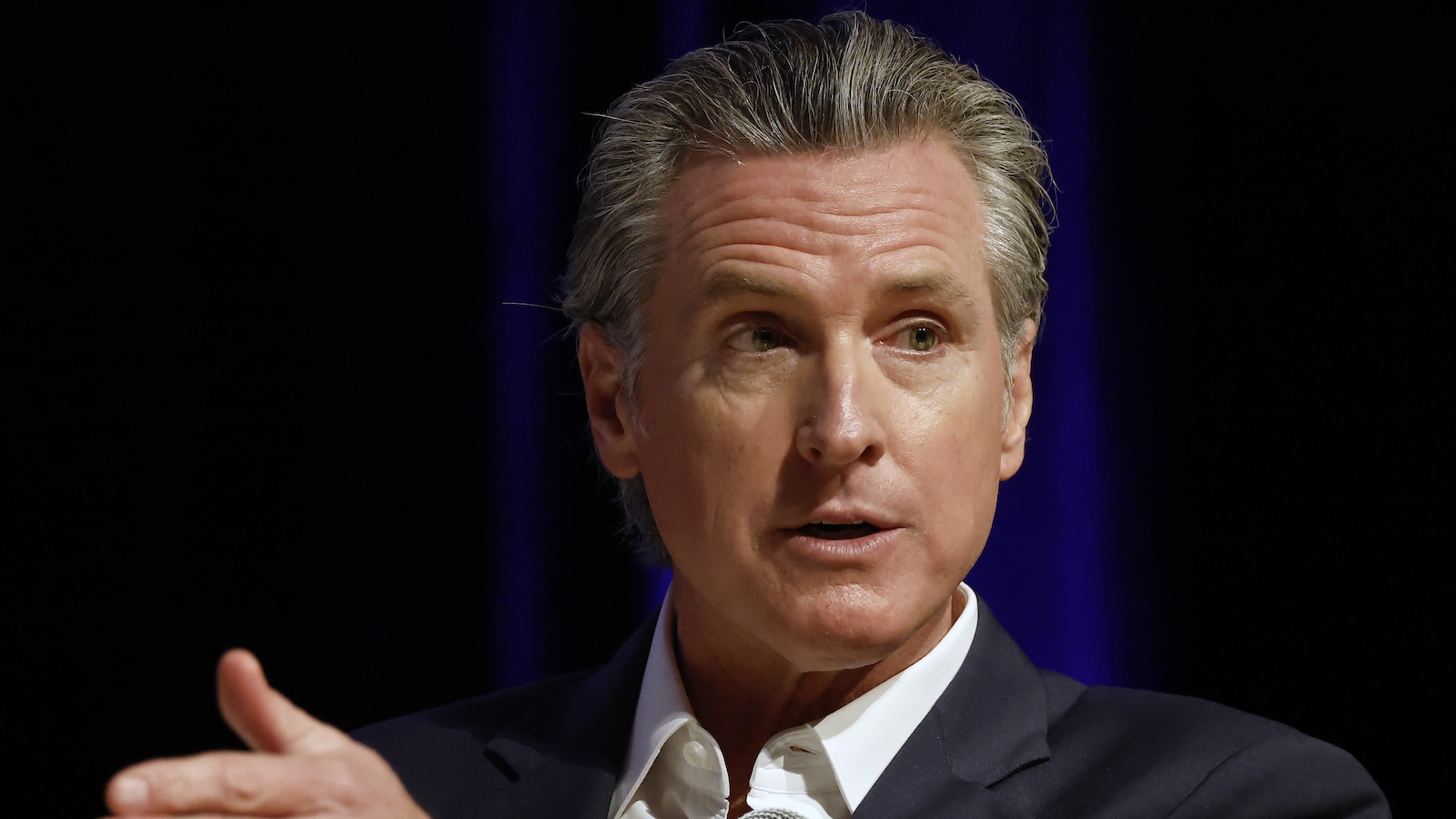

Problem is that no matter what you do or excuses you give, critical trolls can always point to something you can do better.
Absolutely. People who don’t argue in good faith won’t argue in good faith. Responding to such people in public is not about convincing them - it’s about swaying the audience listening to your conversation.
The people we want to convince are the people who want to argue in good faith, who care about understanding reality and doing the right thing, and who aren’t climate experts themselves so have to choose what experts to trust.
Those people are actually swayed by those bad faith accusations of hypocrisy - and can be swayed back by proof that you (or whatever climate professional is under attack) is not a hypocrite and is making a good faith effort to do the right thing.





















I agree. But this mass consumption trickles down. Alex Jones or whoever spews climate bullshit, and your conservative relatives internalize it, and then repeat it to other family members and spread it further.
If you’re a climate activist, maybe you have a big enough platform to challenge media directly - the left has been absolute shit at mainstream social media and if they don’t mount a successful challenge to alt right dominance of the Internet we’re fucked.
But even as just an ordinary person who cares about climate, you’re going to hear people in your family or community repeat the propaganda. And that’s your chance to push back.
This is true for all conservative propaganda, not just climate.
But specifically regarding hypocrisy, I think the most effective response is to, in fact, engage in individual actions that live your climate values. Reduce your carbon footprint. Eat more plants. Take public transit instead of driving.
These are examples of possible actions, not specific mandates. If you can’t take public transit for whatever reason, don’t. But do something. And be prepared to talk about it.
You should do that so that if you are accused of hypocrisy you can push back and say “no, I live my moral values, and here’s how.” And climate activists should do the same, and publicize it, so when they are attacked by bad faith conservatives with false accusations of hypocrisy they can push back. And you can speak up in their defense when people around you attack them.
One of the ugliest victories of modern conservatism is rooted in the fact that this is wrong.
Because Americans do care about hypocrisy and morality.
And conservative media has convinced half of America that all politicians are corrupt, and liberal politicians are more corrupt than conservative politicians, so that the left has no moral basis to accuse the right of corruption.
American conservatives ignore the left when the left accuses the right of corruption, because they’ve been convinced the left is thoroughly corrupt and it’s hypocritical of them to call out corruption in others.
So when Trump is accused, rightfully, of nepotism and bribery and an overwhelming amount of obvious public corruption, American conservatives ignore it. Because American conservatives believe Trump is only doing, openly, what every politician has done secretly. I mean, how the fuck can Chuck Schumer accuse Trump of, say, insider training, for swinging the stock market with ridiculous tariff announcements and retractions, when Chuck has been insider trading on secret Senate information for decades?
And because American conservatives see left-wing politicians as corrupt and hypocritical and dishonest, they happily ignore every accusation they make her against Trump.
That’s why Bernie and AOC are so popular right now, because they have reputations for living their values, so when they go out and flip their shit about economic injustice, people listen.
Harris, during her campaign, tried to publicize a coalition of “good billionaires” support her to challenge Trump’s bad billionaires. Which, I’ll admit, is Harris living her values. But her values are shit and she lost for it.
Anyway, yeah. It’s because the American people care about hypocrisy that conservatives feel free to ignore criticism of Trump’s corruption. They think the liberal politicians accusing Trump are just as corrupt, if not more.
And the only solution to this is restoring honor to the American political system - getting a left-wing politician, or a coalition of politicians, that are widely seen as trustworthy and incorruptible, to lead the American left, instead of the usual DNC corruption and fuckery. And after the shitshow that was 2024 I’m not sure where someone like that will come from.